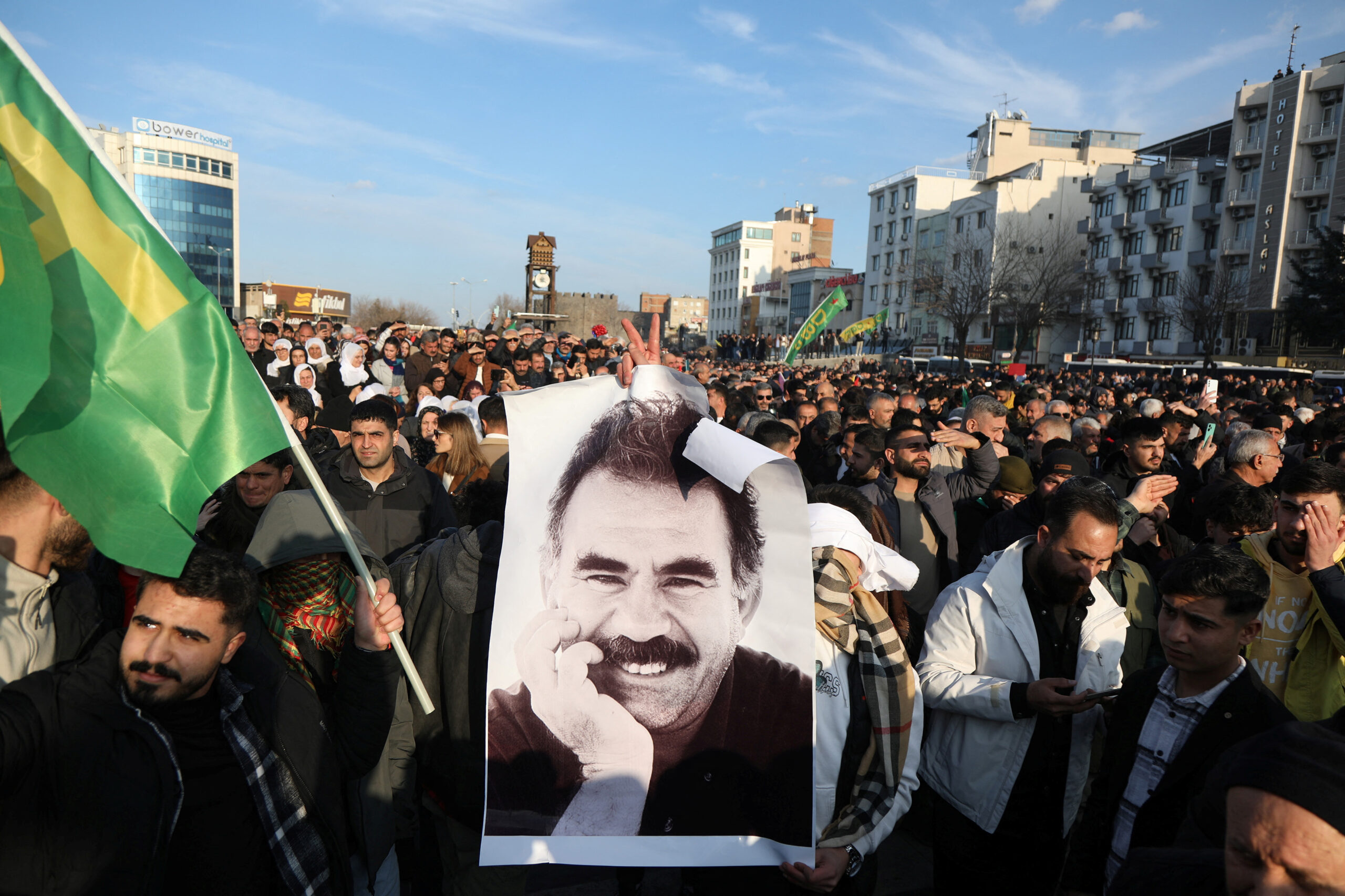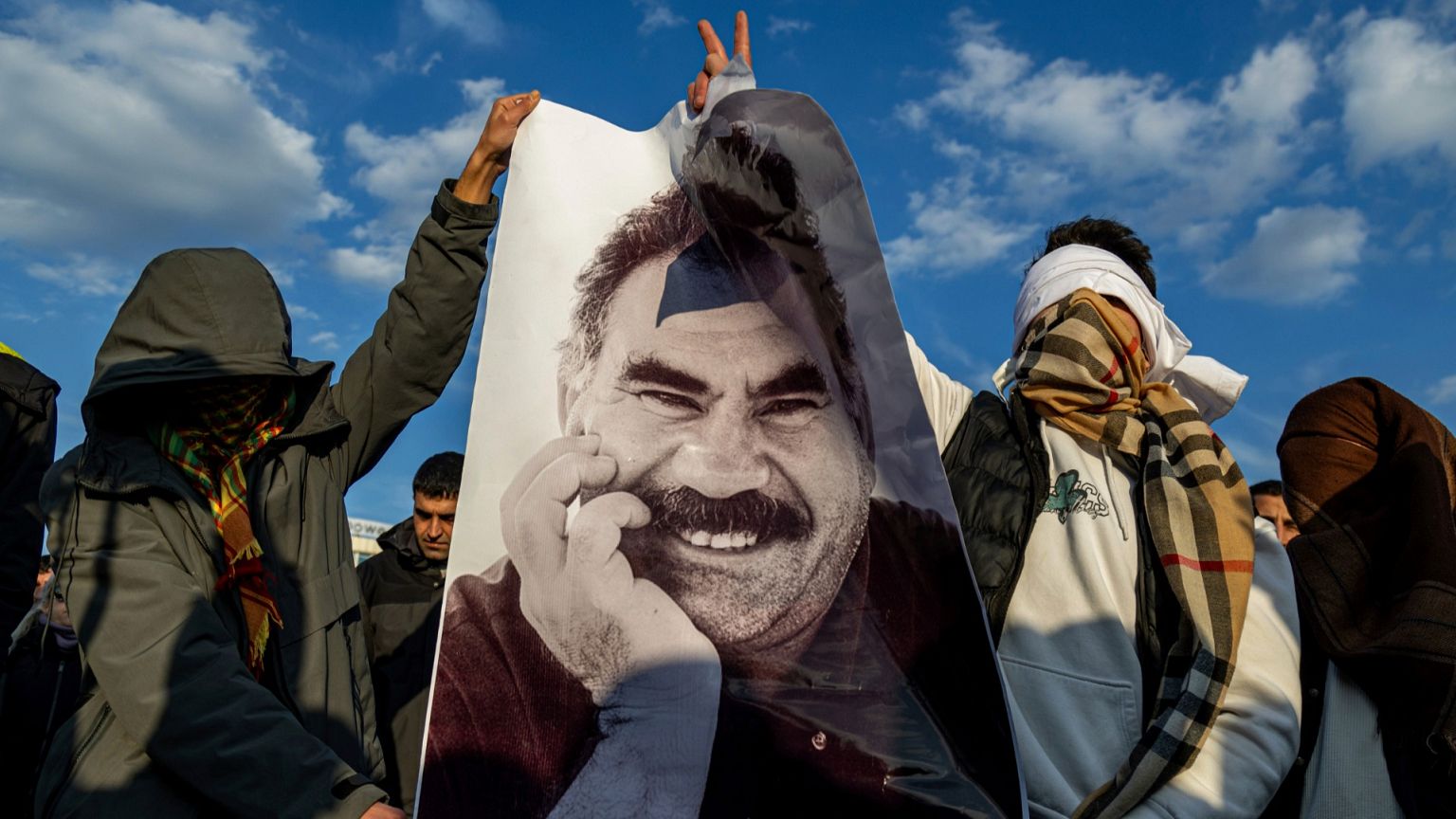
Introduction: PKK Disbandment Marks a Turning Point
The Kurdistan Workers’ Party (PKK) has formally announced its decision to disband, following a call by imprisoned leader Abdullah Ocalan earlier this year. This historic move could end over four decades of armed conflict in Türkiye, bringing new opportunities and challenges to the region. In this post, we break down the top five implications of the PKK disbandment and what it means for Türkiye and its neighbors.
1. PKK Disbandment Could Usher in a Lasting Peace in Türkiye
The official end of the PKK’s armed activities signals the potential conclusion of a conflict that has claimed tens of thousands of lives. This could pave the way for Kurdish political integration within Türkiye’s democratic framework, while reducing the justification for military actions in Kurdish-dominated regions.

2. Kurdish Political Movements May Gain Momentum
With the PKK no longer an armed force, legitimate Kurdish political groups may rise in influence. The group’s statement emphasized support for “Kurdish democracy,” signaling a shift from militancy to civic engagement. This transition aligns with broader demands for greater Kurdish autonomy and cultural rights.
3. Regional Security Rebalancing Across Iraq and Syria
The PKK’s fighters have long operated from mountainous areas in Northern Iraq and Syria. Their disbandment could reduce tension between Ankara and local Kurdish forces, particularly in regions like Sinjar and Qandil. However, questions remain about the fate of fighters—will they reintegrate, disband, or relocate to third countries?
4. Political Leverage for Erdogan and Coalition Partners
President Recep Tayyip Erdogan and his coalition partner Devlet Bahceli have positioned the peace process as a political triumph. In fact, Bahceli initiated the current peace overture in October 2024. The move may boost the ruling party’s image ahead of future elections, especially among nationalist voters.

5. Legal and Constitutional Questions Loom
Disbandment raises legal questions, particularly regarding the Emoluments Clause and whether imprisoned PKK leader Ocalan could be granted parole. While Bahceli hinted at conditional parole, no formal agreement has emerged. The fate of imprisoned leaders and potential legal reforms remain contentious issues.
Conclusion: A New Chapter in Kurdish-Turkish Relations
The PKK disbandment is a milestone in Türkiye’s long-standing conflict with its Kurdish population. While many challenges remain—from reintegration of fighters to political reforms—this move sets the stage for a future defined more by dialogue than violence. With careful navigation, Türkiye and its neighbors could see greater stability and regional cooperation.
Call to Action: For more updates on Türkiye’s evolving political landscape and regional dynamics, subscribe to our newsletter.
Related Article: BrahMos Strikes and the India-Pakistan Ceasefire